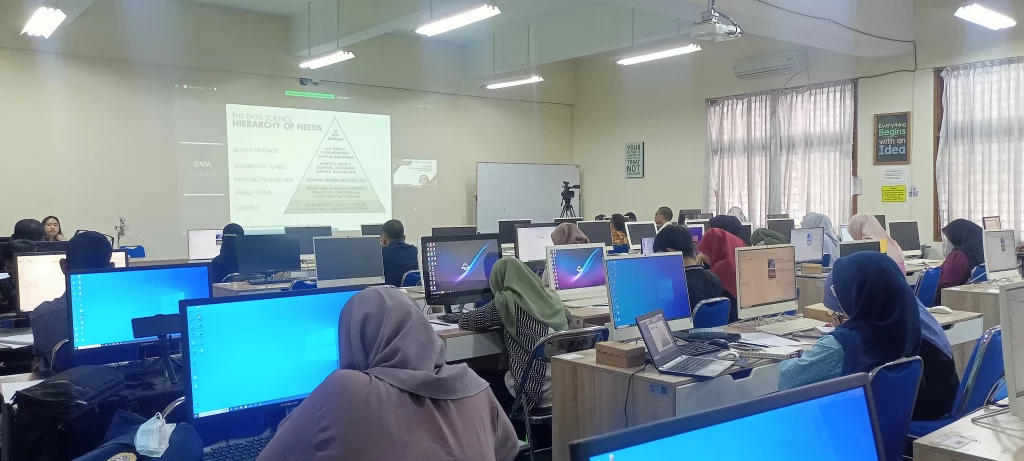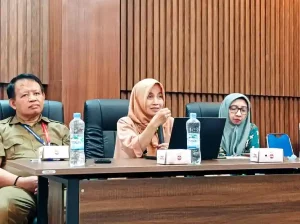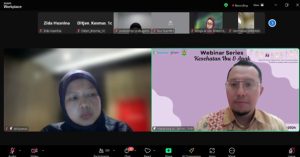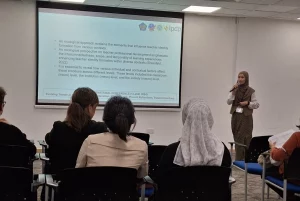UNAIR NEWS – Strengthening the research field, the Faculty of Public Health (FKM) of Universitas Airlangga (UNAIR) organized a remote sensing implementation workshop. The event, focused on environmental epidemiology research, was held from Friday to Sunday (February 23-25, 2024) in the Computer Laboratory of FKM UNAIR.
“This event was initiated by our Master’s Public Health generation. Its purpose was to facilitate and introduce students to remote sensing, which we hope will assist them in their thesis process,” said Nendy Putra, the chief organizer.
Nendy also mentioned that with the massive development of technology nowadays, remote sensing has become one of the options to simplify the research process. However, according to him, remote sensing training at UNAIR has not yet been widely implemented.
“Yes, actually, most people are familiar with remote sensing, but as for UNAIR, I think there hasn’t been much introduction yet. In the future, we hope this program can become a sustainable program as well,” he said.
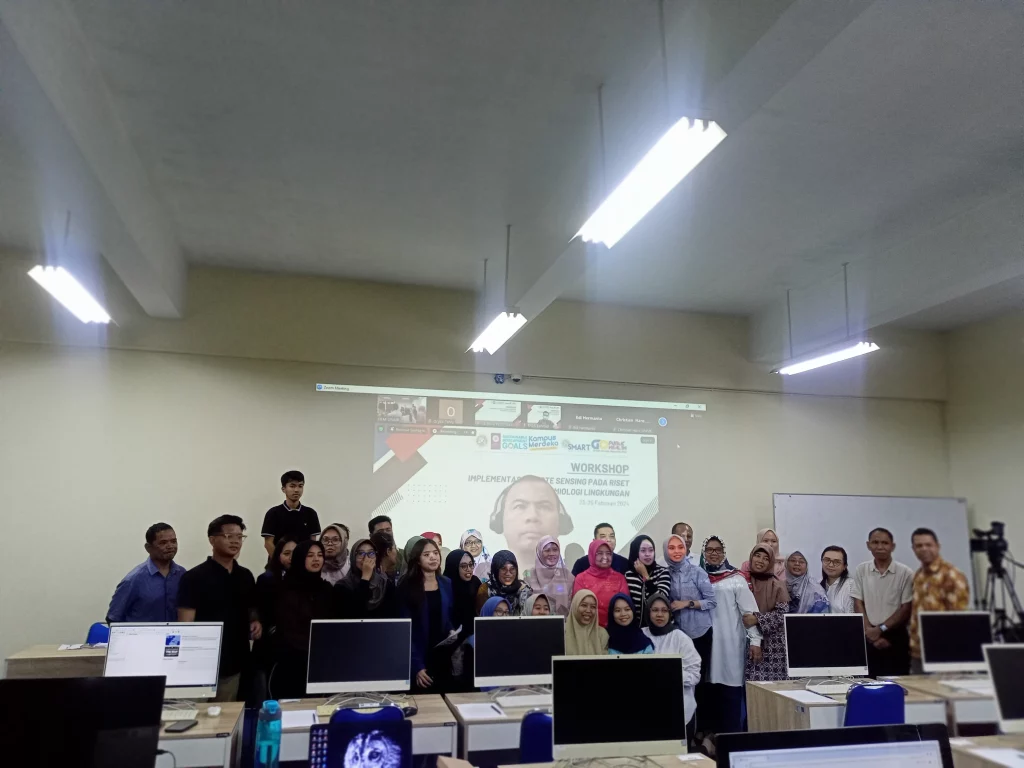
Big Data Science in Public Health UNAIR
Attending the workshop were Prof Setia Pramana PhD, Professor of Statistics and Vice Director 1 of Academic Affairs at Politeknik Statistika STIS, Dr Eng Arie Wahyu Wijayanto SST MT, Head of the Research and Community Service Center (PPPM) of Politeknik Statistika STIS. Salwa Rizqina Putri S Tr Stat and Eko Putra Wahyuddin S Tr Stat, as the First Computer Expert of Politeknik Statistika STIS to introduce big data science and remote sensing.
In his explanation, Prof Setia explained the big data science that each participant should understand. Big data science is the theory and technique from various fields and disciplines. It is useful for investigating and analyzing large amounts of data to assist decision-making in many industries such as science.
“So, there are many types of data science, and fortunately in Indonesia, for the management of hospital records and health case analysis, most of them are based on data science,” he said.
Furthermore, Prof Setia also explained several benefits of data science in the health field. Among them, data science can simplify medical records or the health status of patients, optimize integrated services, and improve health monitoring.
“In addition, data science also helps automate lab work in detecting drug interactions. It can even improve communication among healthcare professionals,” he concluded.
Author: Rosita
Editor: Nuri Hermawan


